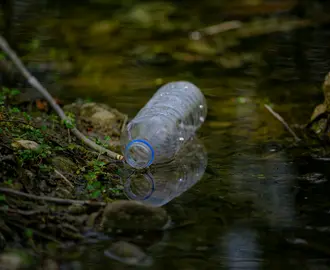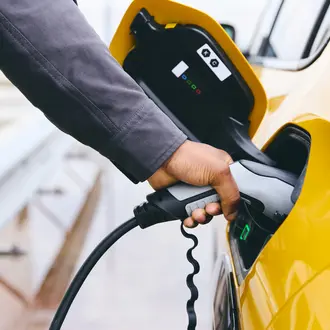Eyeing environmental impact
Gap Inc. is a Fortune 500 retail clothing company with approximately $15.8 billion in annual sales. In 2016, Sloan alumna and sustainability certificate recipient Alice Hartley (MBA ‘12), manager of Gap’s Sustainable Innovation team, engaged a Laboratory for Sustainable Business (S-Lab) student team to evaluate the potential for incorporating recycled cotton into the company’s clothing as one method for achieving the company’s sustainability goals. Cotton is Gap’s most important fabric by volume, and the company wanted to explore using recycled cotton as an option that might reduce the company’s overall environmental impact. (Cotton production is very water-intensive, for example, with as much as 20,000 liters of water needed to produce 1 kilogram of cotton.)
Assessing fabric options
The S-Lab team used a framework presented in their class at MIT to analyze the business impact of using recycled cotton through three sustainability value drivers: risk, revenue, and cost. The team also researched the recycled cotton industry and met with Gap Inc. employees and external stakeholders, including factory managers, to gain insight into the company’s supply chain and manufacturing processes. Finally, the students delivered a wealth of information to the company about cotton recycling methods, a decision tree for assessing fabric options, and recommendations for implementing a recycled cotton strategy.
Moving to 100% sustainable cotton
Gap Inc. gained a tremendous amount of useful information from this project, Hartley said, particularly pertaining to the different methods for recycling cotton. “We didn’t know that much about recycled cotton. This project helped us learn more about its benefits and flesh out recycled cotton as an option for our sustainable cotton portfolio,” she said. Gap, one of Gap Inc.’s five brands, has since made a commitment to move to 100 percent sustainable cotton by 2021 — and the path to that goal will include the use of recycled cotton. “It’s fair to say that having done due diligence with S-Lab's help made it possible to include recycled cotton as one of the options,” Hartley said.



